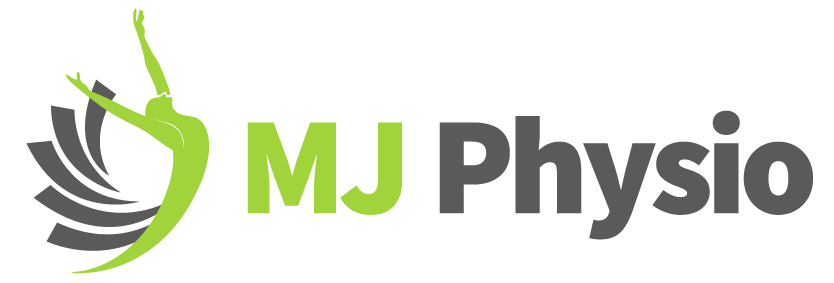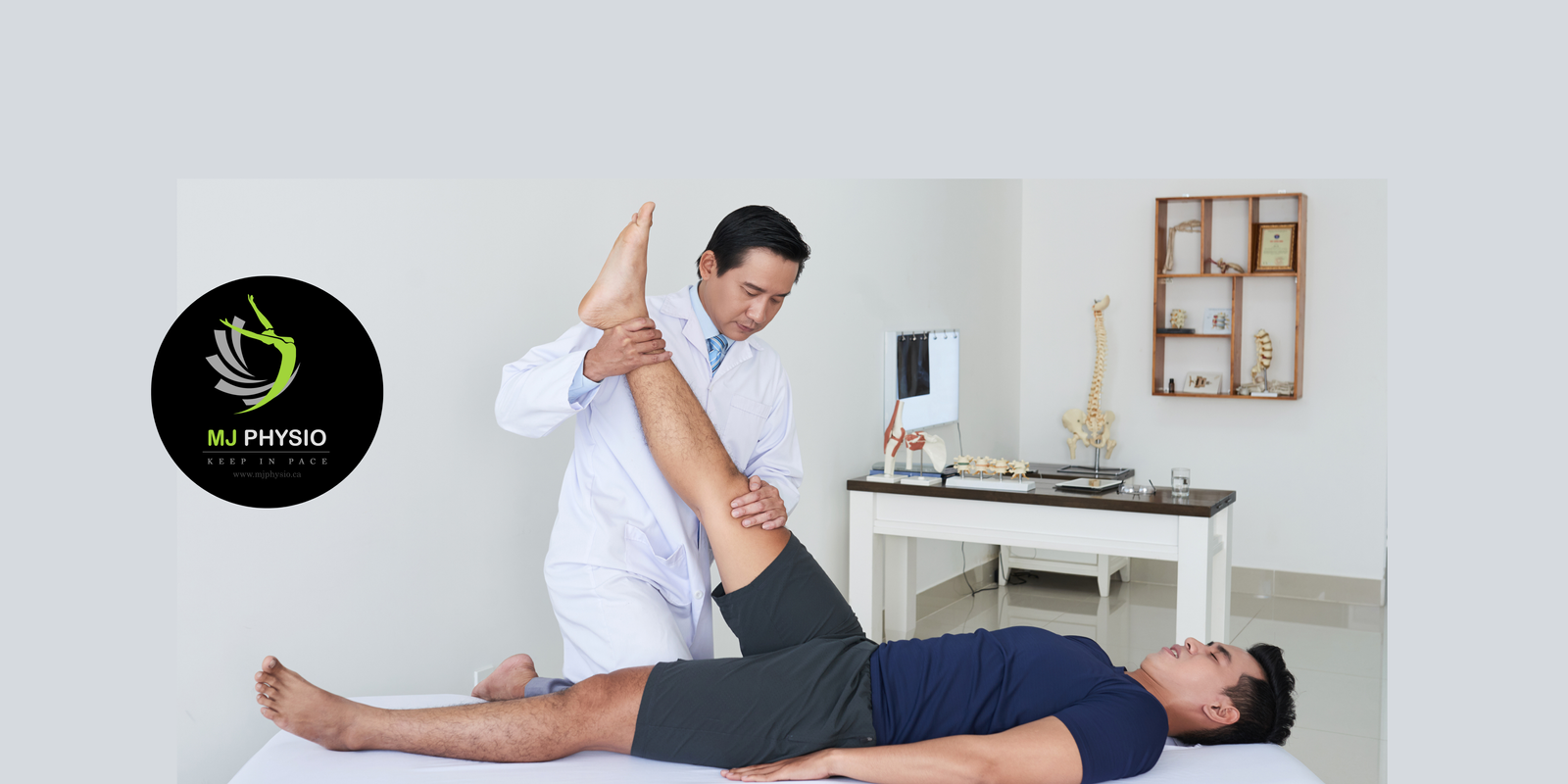Sports-related concussions are a growing concern in the world of athletics. These brain injuries, often caused by direct blows to the head or body, can have severe consequences if not properly managed. While rest and medical evaluation are crucial components of concussion care, physiotherapy plays a significant role in the rehabilitation process. In this blog post, we will explore the vital role of physiotherapy in treating sports-related concussions and helping athletes return safely to their sports.
Understanding Concussions:
Before diving into the role of physiotherapy, let’s briefly understand what a concussion is. A concussion is a traumatic brain injury caused by a bump, blow, or jolt to the head or body. It disrupts normal brain function and can lead to a range of symptoms, including headache, dizziness, nausea, memory problems, and changes in mood.
The Multifaceted Approach to Concussion Management:
Concussion management is a multifaceted approach that involves several key components:
- Immediate Rest and Medical Evaluation: When a concussion is suspected, the athlete should be removed from play and evaluated by a healthcare professional trained in concussion management. Rest is crucial during the acute phase to allow the brain to heal.
- Symptom Monitoring: The athlete’s symptoms are closely monitored throughout the recovery process. Any worsening symptoms or new symptoms should be reported to the healthcare provider.
- Gradual Return to Activity: Once the athlete is symptom-free at rest, a structured, step-wise return-to-play protocol is initiated. This process is gradual and carefully monitored.
- Rehabilitation: This is where physiotherapy comes into play.
The Role of Physiotherapy:
Physiotherapy plays a vital role in the rehabilitation phase of concussion management. Here’s how:
- Assessment and Baseline Testing: Physiotherapists are trained to assess a patient’s physical and functional status. They perform baseline testing before the athlete returns to their sport to establish a reference point for comparison.
- Symptom Management: Physiotherapists help manage and alleviate symptoms such as headache, neck pain, and dizziness through specialized techniques, exercises, and manual therapy.
- Balance and Coordination: Impaired balance and coordination are common after a concussion. Physiotherapy includes exercises and training to restore these skills, reducing the risk of falls and re-injury.
- Neck and Upper Body Strength: Strong neck and upper body muscles can help reduce the risk of future concussions. Physiotherapists work on strengthening these areas safely.
- Visual Rehabilitation: Visual disturbances are common after a concussion. Physiotherapists can provide exercises and therapies to address visual issues and improve eye tracking and focus.
- Gradual Return to Exercise: Physiotherapists guide athletes through a safe and structured return to exercise and sports, ensuring that they meet specific criteria before full return.
In the realm of sports-related concussions, physiotherapy plays a critical role in the comprehensive management and rehabilitation of athletes. The expertise of a qualified physiotherapist at MJ Physiotherapy can make a significant difference in an athlete’s recovery and safe return to their sport. If you or someone you know has experienced a sports-related concussion, don’t hesitate to seek professional physiotherapy support for a comprehensive and individualized treatment plan. Your health and well-being, both now and in the future, are worth the investment in proper concussion management.



